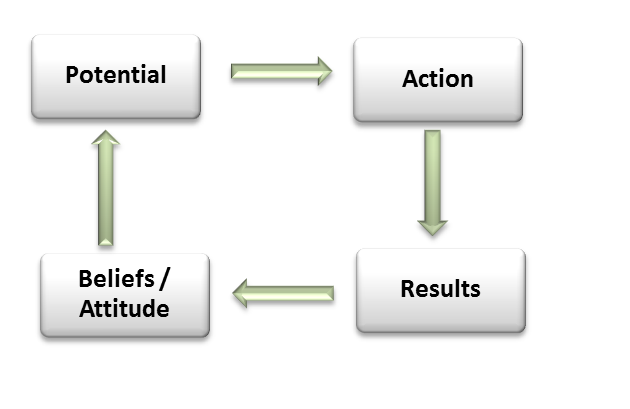The success and failure cycle

The late author and teacher Napoleon Hill spent 20 years studying the lives of 500 very successful men and women in the early 1900’s. Most of these men and women were millionaires. He found out that success can be outlined in a simple formula that anyone would be able to understand and follow if they choose to. “What the mind of man can conceive and believe, it can achieve”, is one of Hill’s famous expressions.
Hill was absolutely right for in today’s world it is clear that people who have limiting beliefs, hardly tap into their potential which leads them to take mediocre actions and ultimately getting mediocre results. Once they see their mediocre results, their limiting beliefs become even more strengthened, they tap much less into their potential which leads them to taking further poor actions and they keep on getting poor results. This failure cycle continues unless their limiting beliefs are changed. Continue reading...